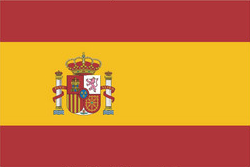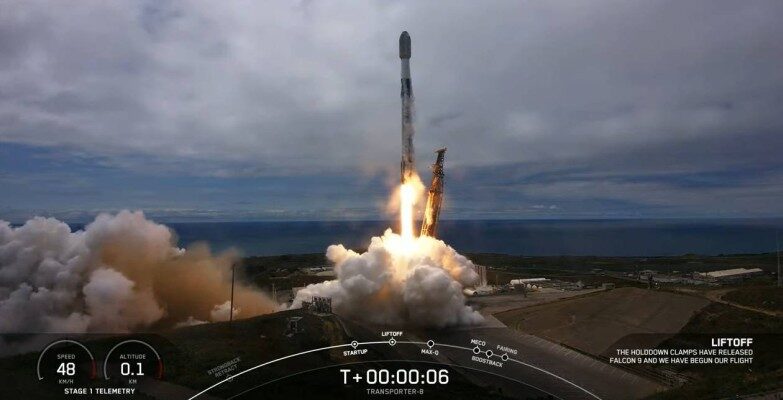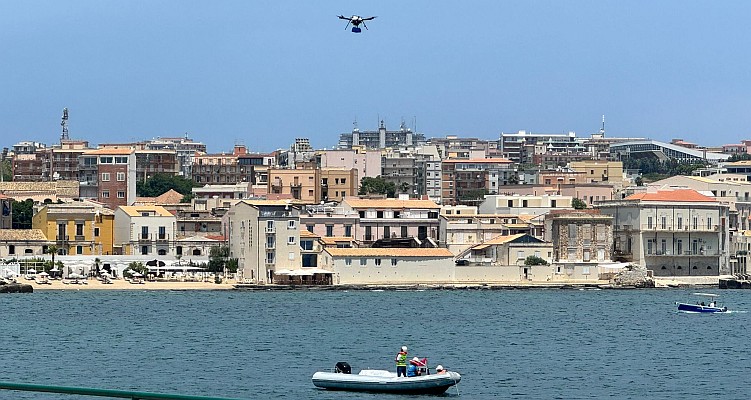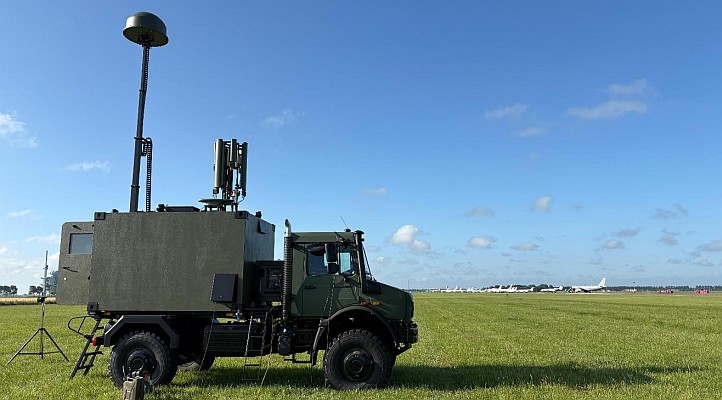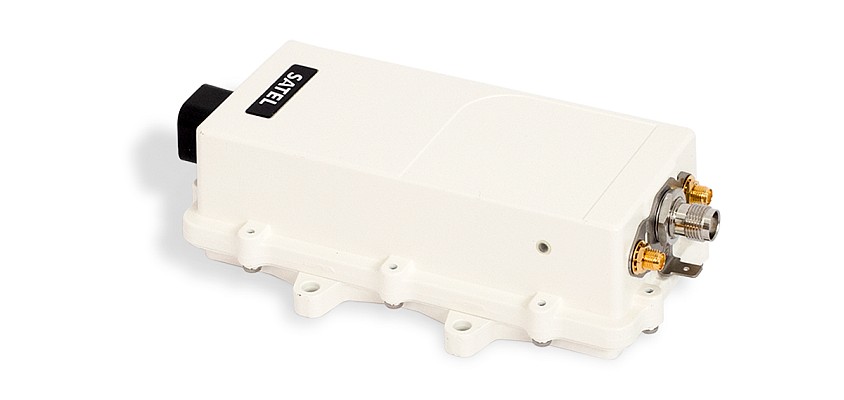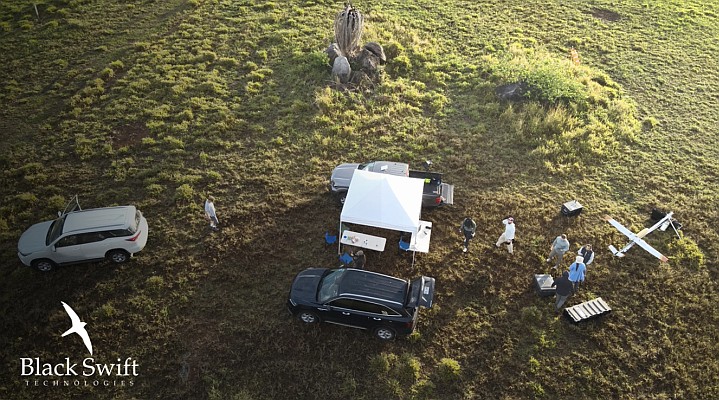From the Vanderberg Base, in California, the aerospace history of Chile marked a new milestone when the FASat-Delta was launched into orbit, a high-resolution satellite co-owned by Fach and ISI.
The Chilean satellite was launched on Monday afternoon by SpaceX’s Falcon 9 rocket from the United States Space Force base, and successfully uncoupled from the capsule that carried it.
FASat-Delta is a satellite platform developed by the Israeli company ImageSat International (ISI) and the American company Tyvak. This space system is located in the range of small satellites (SmallSat) with a weight of 90 kg and will be placed in a low orbit (LEO: Low Earth Orbit) of 550 km.
This satellite, shared use with the company ISI, will complement the sovereign capacity to access information from space. In this context, during each day of the operation, Chile will have the ability to acquire images throughout the globe.
Within the framework of the SNSat project, FASat-Delta is part of a constellation that considers the progressive incorporation of 13 new satellites. These systems will increase and diversify the information that Chile can acquire from space. These data may be used for different applications both in the civil sphere and in National Defense.
The launch of FASat-Delta is the milestone with which a new era begins in the national space field, allowing the development of own capacities for the manufacture of microsatellites, storage, processing and distribution of geospatial information, both for the academic field and for public institutions that require it.
Among the applications and benefits of the Fasat Delta are:
- Agriculture studies
- Strategies for climate change
- Disaster monitoring
- Information for observing the planet
- Satellite communications
- Obtain images in better quality and greater quantity
- Water resources monitoring
- Expedite the search and rescue of missing people
- Space services
This is the first important milestone of the new National Satellite System (SNSat), part of the National Space Program in which different institutions and academia participate.


